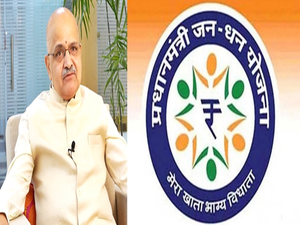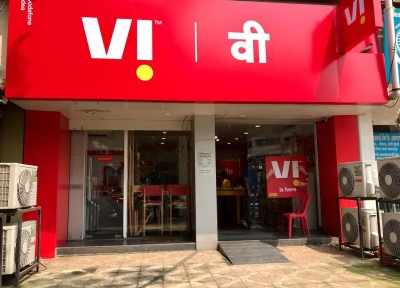10 Years of PMJDY: NITI Aayog CEO recalls how scheme’s 4-year target was cut to five months

New Delhi, Aug 28 (IANS) The country is celebrating 10 years of Pradhan Mantri Jan Dhan Yojana (PMJDY), the world’s largest financial inclusion programme.
Launched on August 28, 2014, by Prime Minister Narendra Modi, PMJDY was a bold financial inclusion initiative to ensure every household in the country has access to basic banking services.
Sharing his thoughts on 10 years of the government’s flagship scheme, NITI Aayog CEO B.V.R. Subrahmanyam on Wednesday recalled an important moment in the rollout of the Jan Dhan Yojana under PM Modi’s leadership.
Subrahmanyam, who was a Joint Secretary in the PMO at the time, informed that the concept of Jan Dhan Yojana emerged during initial briefings of officials, soon after PM Modi took charge in 2014.
Narrating the incidents leading to the launch of the Jan Dhan Yojana, Subrahmanyam said, “PM Modi kept asking everyone ‘how long will it take to ensure that every household is covered?’ When the Prime Minister posed this question to the RBI Governor, he estimated that it would take four years. Some other officials in the PMO suggested it might take two years.”
Subrahmanyam himself had said it would take at least one year, with “full effort dedicated to it”.
“To everyone’s surprise, on August 15, PM Modi announced that the task would be completed by January 26. What was originally estimated as a four-year project was turned into just five months. We were shocked,” Subrahmanyam said.
He added that officials across departments worked tirelessly, day and night, to meet this ambitious deadline set by PM Modi.
Their hard work paid off, as the target was achieved ahead of schedule, ensuring that nearly 12 crore previously unbanked individuals were brought into the formal banking system within five months of PMJDY’s launch.
Notably, PMJDY is significant for the unbanked and marginalised sections, as it provides them with the opportunity to open zero-balance savings accounts besides enabling them access to essential financial services, including credit, insurance, pension, and subsidies.
The scheme has played a crucial role in facilitating direct benefit transfers (DBT), ensuring that the government’s welfare benefits reach the intended beneficiaries efficiently and directly.
–IANS
mr/arm





